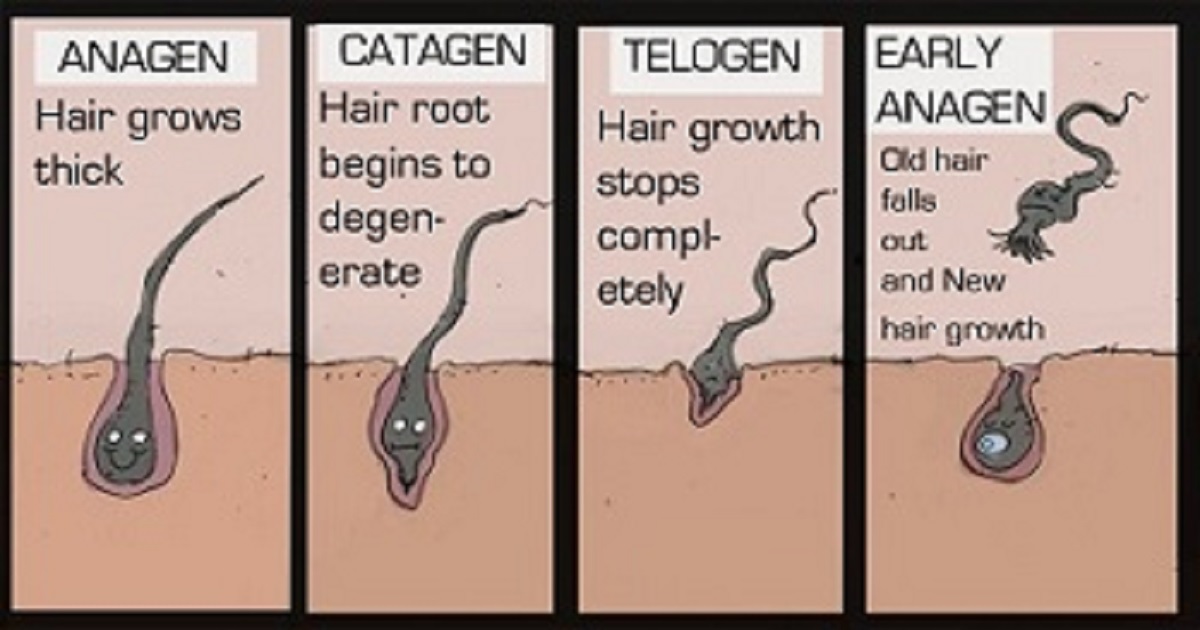CopingCel
Coping never ends
- Joined
- Jul 28, 2019
- Posts
- 1,235
- Reputation
- 1,447
to help me correct me correct my bad english texts.
There are enzymes called AKR1C2 and AKR1C1 that inactivate DHT locally. These enzymes are mainly found in fat tissue but in prostate as well.
Prostate tumors have reduced activity of these enzymes which leads to 42% higher dht levels than in the directly surounding tissue.
(https://www.mybiosource.com/recombi...bO4y1P4qXujwiXAtp-QwTNnrm2ii0GnYdgaPw1EylWZAA)
This means these enzymes work well and very locally. I hope they can somehow be created into an injection or a fluid to put on the scalp for local dht lowering.
Seems like I am the very first person to make that conclusion as I found no research in that regard.
But I have no Idea whether that possible or an absolute illusion.
I want to write some researchers emails explaining them my idea. But I am not a native englisch speaker and my spelling can be quite bad at times.
This means someone of you need to help me correct my texts. Either you need to be a native speaker or on a native level.
@Mr_Norwood @balding17yomanletcel
This is the first text I need corrected:
There are enzymes called AKR1C2 and AKR1C1 that inactivate DHT locally. These enzymes are mainly found in fat tissue but in prostate as well.
Prostate tumors have reduced activity of these enzymes which leads to 42% higher dht levels than in the directly surounding tissue.
(https://www.mybiosource.com/recombi...bO4y1P4qXujwiXAtp-QwTNnrm2ii0GnYdgaPw1EylWZAA)
This means these enzymes work well and very locally. I hope they can somehow be created into an injection or a fluid to put on the scalp for local dht lowering.
Seems like I am the very first person to make that conclusion as I found no research in that regard.
But I have no Idea whether that possible or an absolute illusion.
I want to write some researchers emails explaining them my idea. But I am not a native englisch speaker and my spelling can be quite bad at times.
This means someone of you need to help me correct my texts. Either you need to be a native speaker or on a native level.
@Mr_Norwood @balding17yomanletcel
This is the first text I need corrected:
I might have an interesting idea regarding mbp treatment, but as I am not a medical professional, it possible I lack the knowledge to asses whether it is just naive wishful thinking.
I would appreciate if you could take the time to read the following and give me your oppinion on it:
I found out that there are enzymes called AKR1C2 and AKR1C1 which apparently inactivate DHT by metabolizing it into other stuff. They are mostly found in adipose tissue, but in others like the prostate as wel..
These metabolizing seems to be quite significant. This research paper on prostate cancer:
says that the DHT level in prostate tumors is around 42% higher than in the surounding tissue. They think reduced activity of the above mentioned enzymes in the tumor might be the reason for it.
Impaired Dihydrotestosterone Catabolism in Human Prostate Cancer: Critical Role of AKR1C2 as a Pre-Receptor Regulator of Androgen Receptor Signaling
We previously reported the selective loss of AKR1C2 and AKR1C1 in prostate cancers compared with their expression in paired benign tissues. We now report that dihydrotestosterone (DHT) levels are significantly greater in prostate cancer tumors compared with their paired benign tissues. Decreased...cancerres.aacrjournals.org
If this is true these enzymes can reduce DHT levels quite a bit, limited to a local area.
To fight the cancer the paper suggests gene therapy if I (non native speaker) understand this phrase correctly: ''induction of AKR1C2 expression''
It seems like these enzymes can already be bought for horendous prices for research purposes:
AKR1C2 recombinant protein | Aldo-keto reductase family 1 member C2 (AKR1C2) Recombinant Protein-NP_001128713.1
Buy AKR1C2 recombinant protein, Aldo-keto reductase family 1 member C2 (AKR1C2) Recombinant Protein-NP_001128713.1 (MBS958675) product datasheet at MyBioSource, Recombinant Proteinswww.mybiosource.com
I wonder if it would theoretically be possible to develop these into some kind of a injectiom, cream, or watery solution for local use on the scalp, to help in reducing the local DHT levels without affecting the systematic ones much.
Do you have an Idea whether that would be theoretically possible?
Other thoughts:
As these enzymes seem to be mainly found in subcutanous fat. Is it possible that these enzymes within the scalp fat* could already act as some kind of DHT filter?
Are there enough differences in the scalp fat to possibly explain DHT sensitivity differences with different amounts of scalp fat* and thus these enzymes?
Would it be possible that fat from the abdominal area injected in the scalp could support this DHT filtering and thus help reducing mbp in the long term?
There is a doctor who allegedly uses fat injections already, but they explain the alleged results with some stemcell magic that I don't understand yet.

Growth Factors for Hair Loss | Miami Stem Cell Hair Treatment
If you are looking for the best hair loss treatments in Miami, FL, then look no further. Found Hair offer a variety of growth factors and stem cell therapies that can help your hair grow back naturally!www.foundhair.com
*I am not sure whether these enzymes can be found in scalp fat. I only could find that they are definitely existing in abdominal fat.
Last edited:









